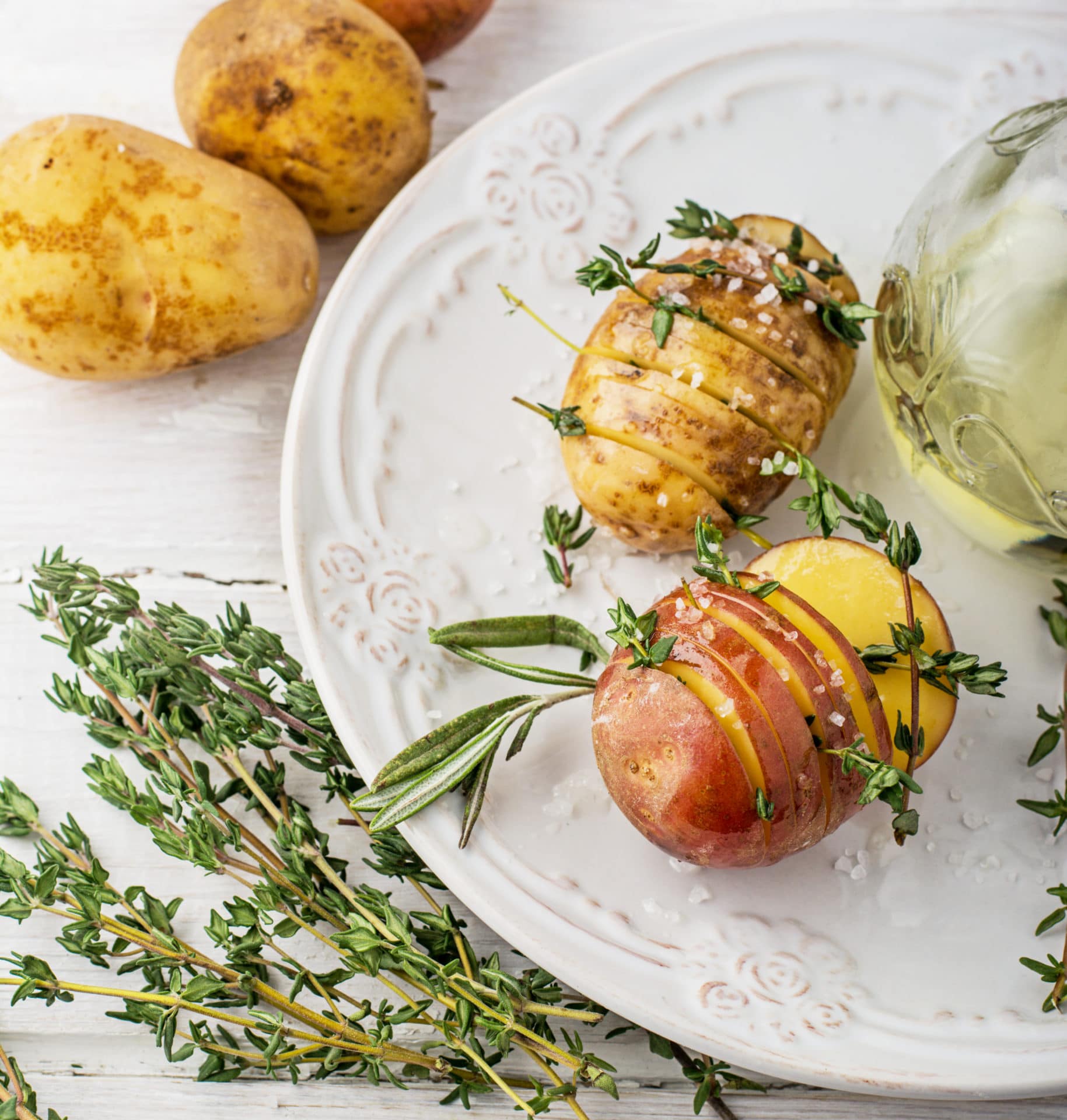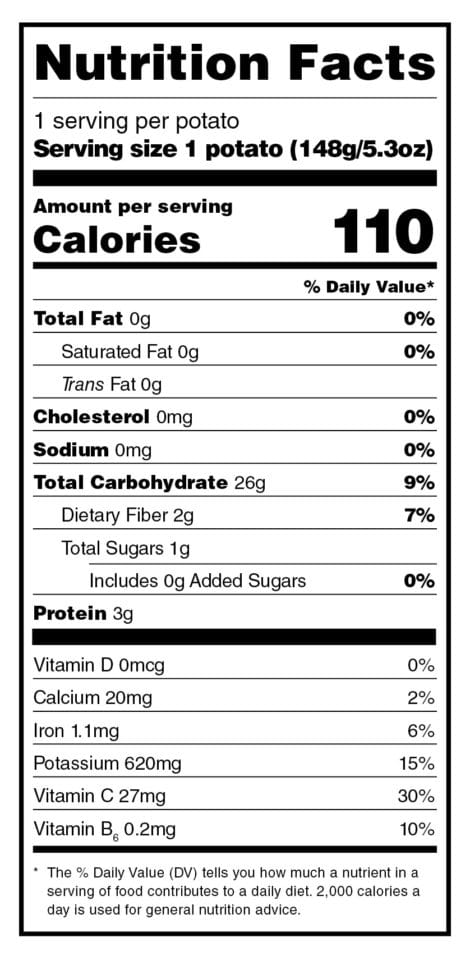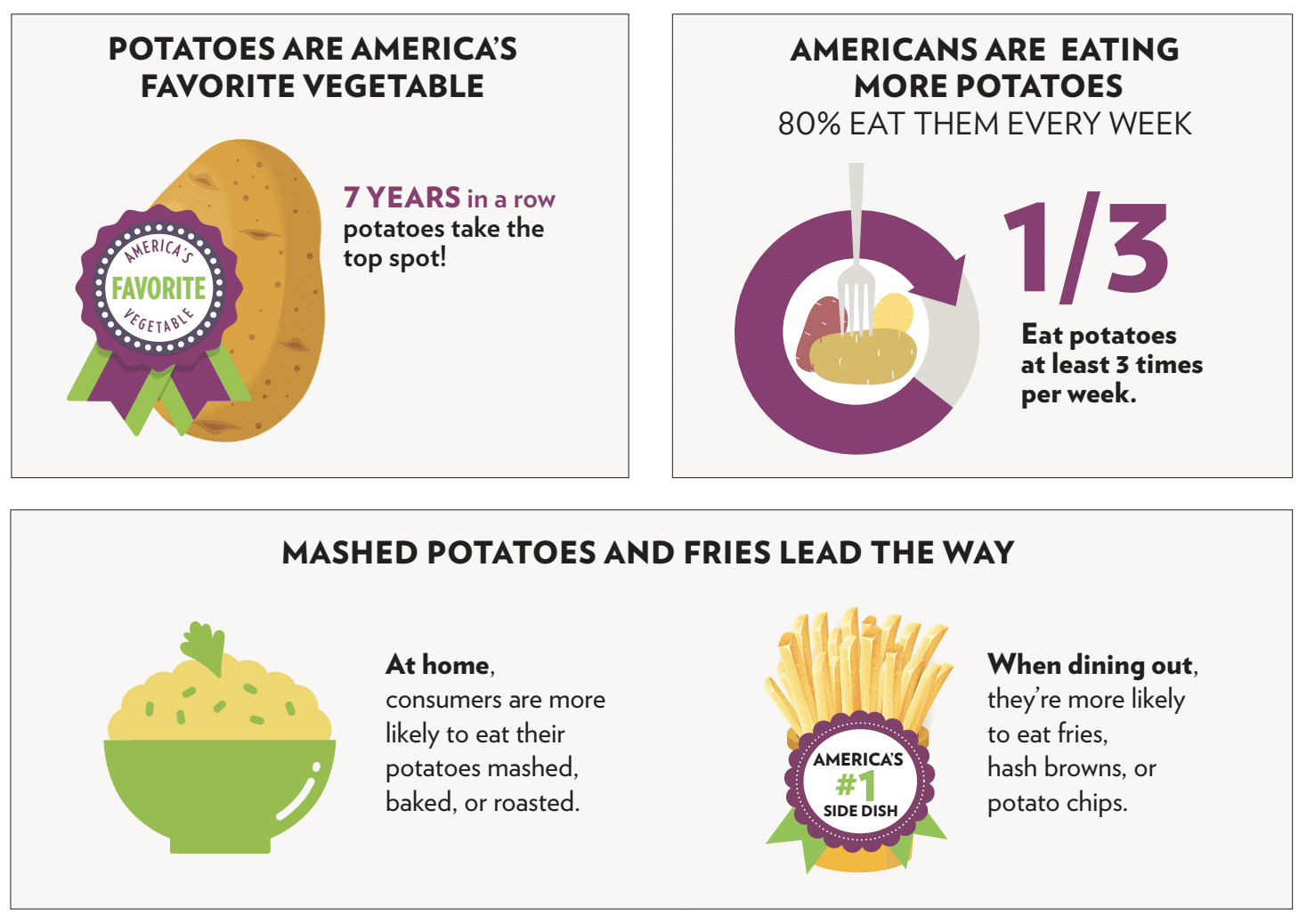Potatoes USA Disclaimer
Please Note: You have clicked on a link to a website maintained by a third party and are about to leave the Potatoes USA website. The external link should not be considered an endorsement by Potatoes USA of the third party website or the company or organization that owns it, and Potatoes USA is not responsible for the accuracy or nature of the content of the linked website.
Click ‘OK’ to continue, or ‘Cancel’ to return to PotatoGoodness.com.



